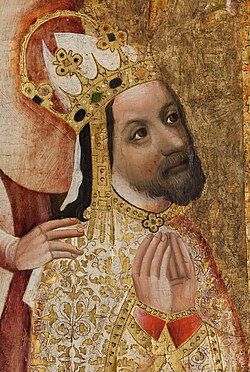This article needs additional citations for verification .(October 2020) |
| Years |
|---|
| Millennium |
| 2nd millennium |
| Centuries |
| Decades |
| Years |
| 1378 by topic |
|---|
| Leaders |
| Birth and death categories |
| Births – Deaths |
| Establishments and disestablishments categories |
| Establishments – Disestablishments |
| Art and literature |
| 1378 in poetry |
Year 1378 ( MCCCLXXVIII ) was a common year starting on Friday of the Julian calendar.
